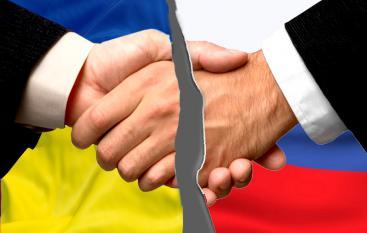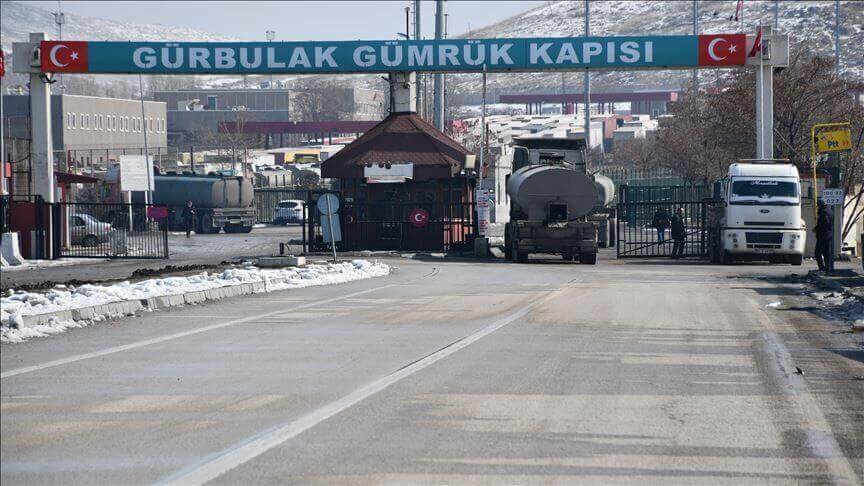How Europe hopes to circumvent Trump’s Iran sanctions
The EU wants to solve the trade problem with Iran by setting up a special purpose vehicle, which would act as a swap exchange – and thus save the nuclear agreement as well
Following the unilateral cancellation of the nuclear deal with Iran by President Trump in May of this year, new US sanctions will begin in November.
Although it has been stated in twelve consecutive IAEA reports that Iran is meeting all the requirements of the nuclear agreement, President Trump has canceled the agreement because he considers it inadequate.
The resulting US sanctions against Iran also affect all third-country companies that do business with Iran. A key problem in dealing with Iran is the impracticability of payments—financial transactions cannot be settled because no bank can afford to fall under US sanctions and thus be cut off from the dollar market.
The solution now is to come via a so-called Special Purpose Vehicle (SPV) to be set up in Brussels which will serve as a mechanism to create a barter system between the EU and Iran. Deliveries of Iranian crude oil to the EU will thus result in credit for Iran, which will in turn be distributed to European companies via the SPV for goods that they export to Iran, without money changing hands.
One such SPV system was successfully used by the Soviet Union during the Cold War.
However, many questions remain unanswered, such as how to handle defaults, how to verify against dummy corporations set up by Iranian Revolutionary Guard and how to guarantee that EU companies will not be hit by US sanctions, such as if US sanctions are extended to barter at a later date.
Despite all the problems, the solution from Brussels is an important signal: Iran must be able to rely on the remaining partners in order to comply with the nuclear agreement. If there is no reliable trade option for Iran, then Teheran will have no reason to uphold the Agreement.
Further Informationen:
 English
English  Français
Français 

